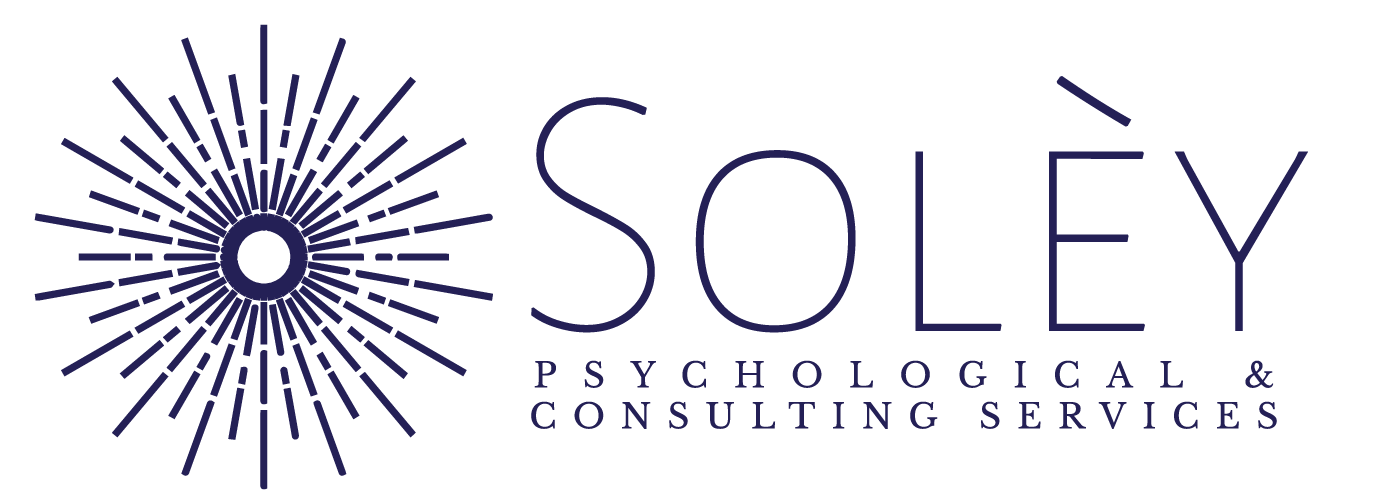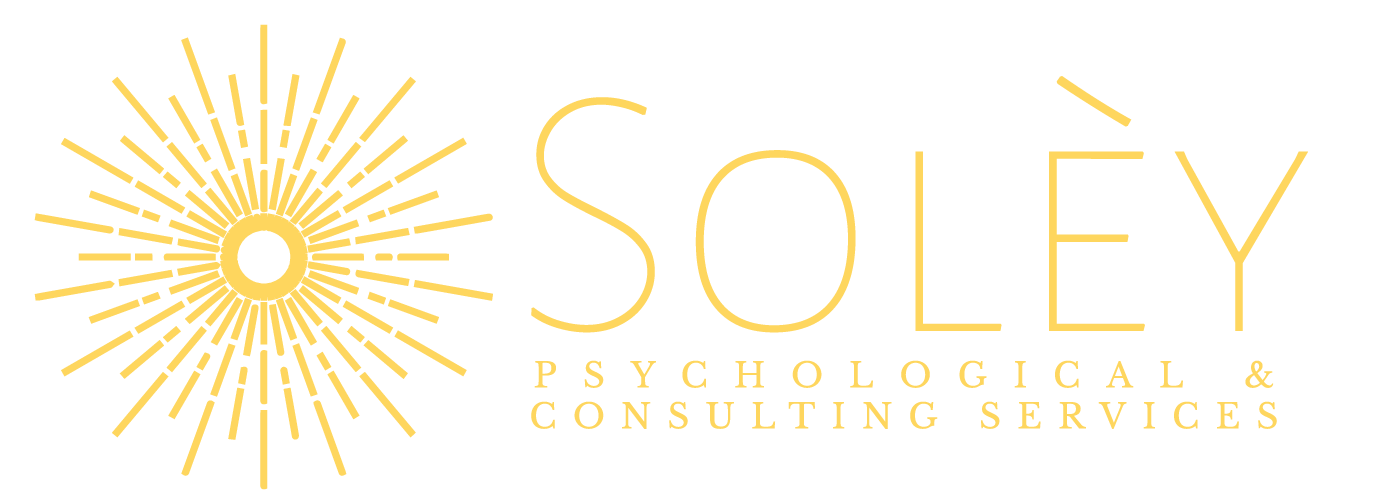
16 May The Benefits of Psycho-Educational Assessments for Children
For most children, the classroom is a place to build social and behavioral skills while learning new educational concepts. Children from different backgrounds, home environments, and socio-economic statuses all converge into one space with the goal of learning and teachers are responsible for successfully educating children who have varying learning abilities and behavioral temperaments. So, how do we support student education, while also ensuring that the educational, social, and behavioral needs are being addressed for each individual child?
There are several types of psycho-educational assessments that measure cognitive and achievement levels for children. Children as young as 2 years of age can be evaluated using these assessments. The assessments assist with identifying learning difficulties and also highlight children strengths. Psycho-educational assessments are also designed to identify underlying issues related to a children’s educational performance. For public school children, these assessments are typically available free-of-charge, but parents can also have testing completed by a licensed psychologist. Whether these assessments are conducted in a school-based setting or independently, many parents may want to know if these assessments are truly beneficial for student? And, what do the test scores actually reveal?
In many cases, psycho-educational assessments assist with placing children in the most accurate grade-level based on academic achievement scores. In addition, parents and teachers get a better understanding of where the child stands in relation to others in their age-group. These assessments are also appropriate for children who are over-performing (i.e. gifted children) or under-performing (i.e. learning disabilities), and for students who are experiencing behavior-related issues in the school settings (i.e. ADHD, autism, conduct disorders, emotional dysregulation). Psycho-educational assessments can be completed in the public-school setting for many students, but for prospective private school students, these psycho-educational assessments are often required as part of the admission process (i.e. IQ testing). Parents may also wish to obtain testing from an independent psychologist to compare with previously obtained results. Solèy PCS not only offers psycho-educational testing, but Dr. Cindy Joseph also provides parents with feedback sessions that include age equivalency results, IQ testing results, and recommendations for improving learning and social-emotional outcomes for children.
There are several types of psycho-educational assessments that measure cognitive and achievement levels for children. Children as young as 2 years of age can be evaluated using these assessments. The assessments assist with identifying learning difficulties and also highlight children strengths. Psycho-educational assessments are also designed to identify underlying issues related to a children’s educational performance. For public school children, these assessments are typically available free-of-charge, but parents can also have testing completed by a licensed psychologist. Whether these assessments are conducted in a school-based setting or independently, many parents may want to know if these assessments are truly beneficial for student? And, what do the test scores actually reveal?
In many cases, psycho-educational assessments assist with placing children in the most accurate grade-level based on academic achievement scores. In addition, parents and teachers get a better understanding of where the child stands in relation to others in their age-group. These assessments are also appropriate for children who are over-performing (i.e. gifted children) or under-performing (i.e. learning disabilities), and for students who are experiencing behavior-related issues in the school settings (i.e. ADHD, autism, conduct disorders, emotional dysregulation). Psycho-educational assessments can be completed in the public-school setting for many students, but for prospective private school students, these psycho-educational assessments are often required as part of the admission process (i.e. IQ testing). Parents may also wish to obtain testing from an independent psychologist to compare with previously obtained results. Solèy PCS not only offers psycho-educational testing, but Dr. Cindy Joseph also provides parents with feedback sessions that include age equivalency results, IQ testing results, and recommendations for improving learning and social-emotional outcomes for children.
Ivey Johnson, BA, and Cindy Joseph, PhD.
Licensed Psychologist (Texas & Georgia) | Solèy Psychological & Consulting Services

